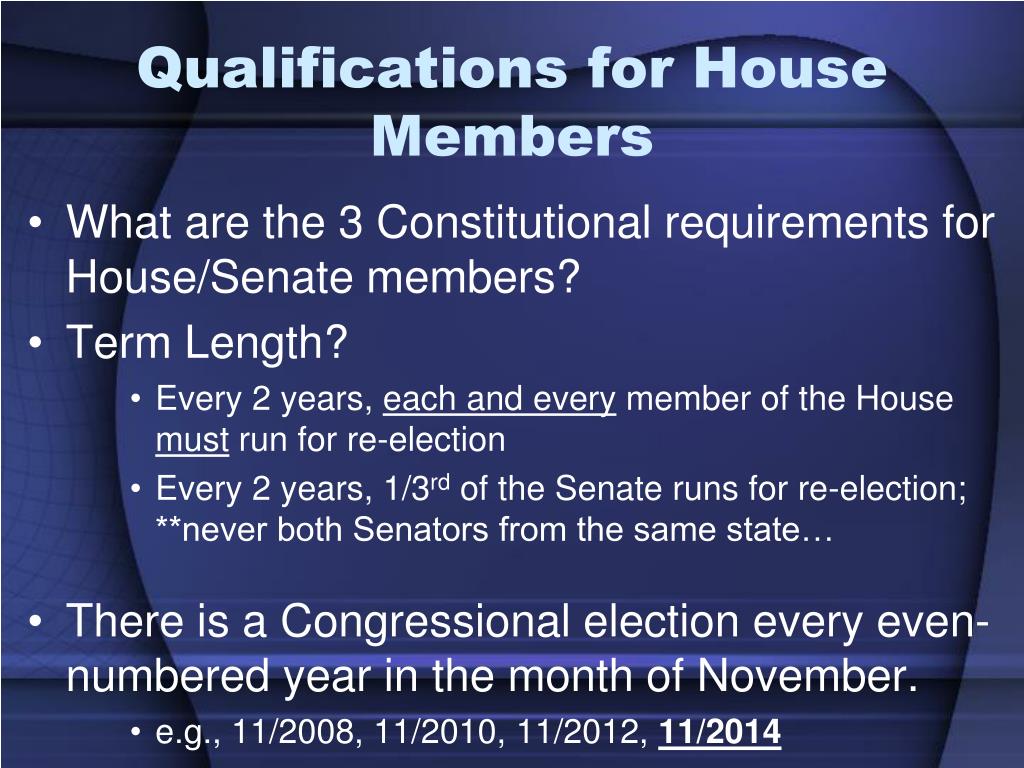Table Of Content

The statement also called for a ceasefire in Gaza, more humanitarian aid to be delivered, and peace talks to begin. "US security aid [to Israel] constitutes a dangerous escalation and aggression against the Palestinian people," Abu Rudeineh added. In March, House lawmakers approved a bill that would give TikTok roughly six months to sell or the app would be prohibited from US app stores and from “internet hosting services” that support it.
The House passed a key foreign aid package. Catch up on what happened
The late 19th and early 20th centuries also saw a dramatic increase in the power of the speaker of the House. The rise of the speaker's influence began in the 1890s, during the tenure of Republican Thomas Brackett Reed. While the minority leader was the head of the minority party, the majority leader remained subordinate to the speaker.
List of members representing California
This was seen in only five out of 80 State Assembly seats and two out of 20 State Senate seats up for election. The congressional seats were even less competitive than the state legislative districts - just three of the 53 districts were won with less than 60 percent of the vote in 2004. The most significant role in the House of Representatives is that of speaker of the House. This individual, who is chosen by the majority party, presides over debate, appoints members of select and conference committees, and performs other important duties; speakers are second in the line of presidential succession (following the vice president).
Tenure of Senators
After the whips, the next ranking official in the House party's leadership is the party conference chair (styled as the Republican conference chair and Democratic caucus chair). Representatives and delegates serve for two-year terms, while a resident commissioner (a kind of delegate) serves for four years. A term starts on January 3 following the election in November. The U.S. Constitution requires that vacancies in the House be filled with a special election. The term of the replacement member expires on the date that the original member's would have expired.
The House also appoints members to serve on joint committees, which include members of the Senate and House. Some joint committees oversee independent government bodies; for instance, the Joint Committee on the Library oversees the Library of Congress. Other joint committees serve to make advisory reports; for example, there exists a Joint Committee on Taxation. Bills and nominees are not referred to joint committees. Hence, the power of joint committees is considerably lower than those of standing committees.
Passing legislation into law is a complicated and lengthy process between the House and Senate before the bill is presented before the President to be signed into law. For a thorough explanation of the legislation process, please see the How a Bill Becomes a Law section on the House website. Currently, the Michigan Congressional Delegation is composed of 14 representatives in the House and two Senators in the U.S.
Click here to find your representatives with Ballotpedia's "Who represents me?" tool. Launched in 2004, GovTrack helps everyone learn about and track the activities of the United States Congress. Advocates for shrinking the size of the House of Representatives often argue that the quality of legislating improves because House members would get to know each other on a more personal level. They also cite the cost of paying for salaries, benefits, and travel for not only the lawmakers but their staffs. Another argument for increasing the size of the House is that is would diminish the influence of lobbyists. That line of reasoning assumes that lawmakers would be more closely connected to their constituents and therefore less likely to listen to special interests.
However, there was a 90-day period for a referendum petition to be filed to prevent the maps from becoming effective. This referendum period ended on March 27, 2022, when the filing and campaign season for the 2022 primary election was already underway. In the House of Representatives, the majority party holds significant power to draft chamber rules and schedule bills to reach the floor for debate and voting.
Under the Presidential Succession Act (1947), the speaker is second in the line of presidential succession after the vice president. Historically, many territories have sent non-voting delegates to the House. While their role has fluctuated over the years, today they have many of the same privileges as voting members, have a voice in committees, and can introduce bills on the floor, but cannot vote on the ultimate passage of bills. Presently, the District of Columbia and the five inhabited U.S. territories each elect a delegate. A seventh delegate, representing the Cherokee Nation, has been formally proposed but has not yet been seated.[30] An eighth delegate, representing the Choctaw Nation is guaranteed by treaty but has not yet been proposed. Additionally, some territories may choose to also elect shadow representatives, though these are not official members of the House and are separate individuals from their official delegates.

There are several important leadership positions in the House of Representatives. “I'm pretty sure one will come to the floor, if he doesn't resign at some point, but we're trying to avoid that,” he said. Ukrainian servicemen told CNN the US House vote to approve military aid provides a much-needed shot in the arm.
The organization and character of the House of Representatives have evolved under the influence of political parties, which provide a means of controlling proceedings and mobilizing the necessary majorities. Party leaders, such as the speaker of the House and the majority and minority leaders, play a central role in the operations of the institution. Elections for representatives are held in every even-numbered year, on Election Day the first Tuesday after the first Monday in November. Pursuant to the Uniform Congressional District Act, representatives must be elected from single-member districts. After a census is taken (in a year ending in 0), the year ending in 2 is the first year in which elections for U.S. House districts are based on that census (with the Congress based on those districts starting its term on the following January 3).
Ken Buck and the exodus from Congress, briefly explained - Vox.com
Ken Buck and the exodus from Congress, briefly explained.
Posted: Wed, 13 Mar 2024 07:00:00 GMT [source]
In addition, this system allows members to gain expertise in specific issue areas they are interested in. Throughout history, committees have been created to address particular issues before Congress. The House has 23 committees while the Senate has a total of 20 committees. Members of the House of Representatives serve two-year terms and are considered for reelection every even year. Senators however, serve six-year terms and elections to the Senate are staggered over even years so that only about 1/3 of the Senate is up for reelection during any election. That growth plateaued after the 1920 census, when Congress, for the first time in history, did not pass a new law about how to use the results of the latest national tally to reshape the House.
Puerto Rico’s delegate is called the Resident Commissioner. It has meant that once a decade, states have had to face the prospect of joining a list of winners and losers after those House seats are reshuffled based on how the states' latest census population counts rank. How those seats are reassigned also plays a key role in presidential elections.
Official websites use .govA .gov website belongs to an official government organization in the United States. Our editors will review what you’ve submitted and determine whether to revise the article. 50% of senators are men over the age of 60, while only 7% of senators are women 60 years old or younger. The table below shows a breakdown of how many years the senators have been serving in office. The District of Columbia, Puerto Rico, and the U.S.’s four other island territories — American Samoa, Guam, the Northern Mariana Islands, and the U.S.
The speakership reached its zenith during the term of Republican Joseph Gurney Cannon, from 1903 to 1911. The speaker's powers included chairmanship of the influential Rules Committee and the ability to appoint members of other House committees. However, these powers were curtailed in the "Revolution of 1910" because of the efforts of Democrats and dissatisfied Republicans who opposed Cannon's heavy-handed tactics. The commission received the official 2020 U.S. census data on which the maps must be based, by law, on September 21, 2021. Draft maps were released then on November 21, and final maps were submitted to the California Secretary of State on December 27, 2021.[16] The new districts are considered "enacted" as of December 27, 2021.


No comments:
Post a Comment